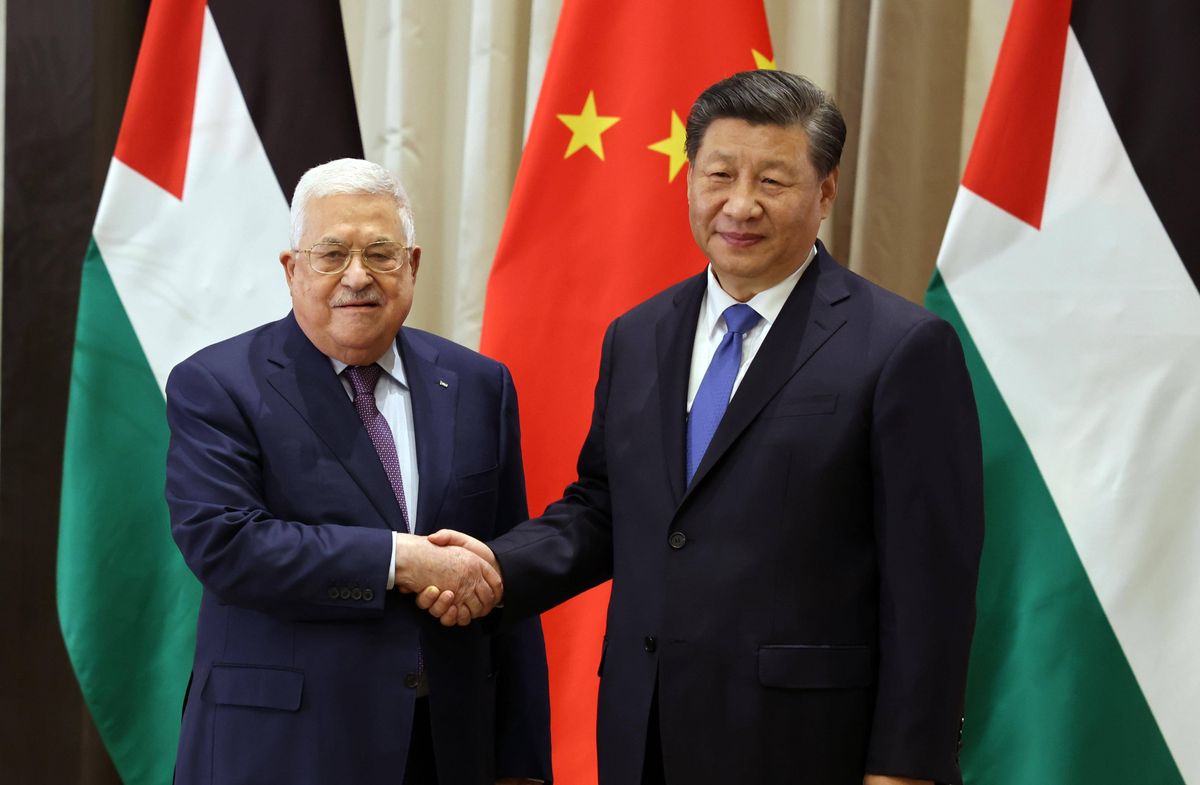Mahmoud Abbas, the octogenarian head of the Palestinian Authority, doesn’t travel much these days. But this week he will head to China for a three-day visit and meet with President Xi Jinping.
Abbas’ trip comes after China’s Foreign Minister Qin Gang recently told his Israeli and Palestinian counterparts that Beijing is ready to broker Israeli-Palestinian peace talks that have been on ice for almost a decade.
For China, hosting Abbas is a low-stakes way to project itself further as a rising Middle East powerbroker after Beijing (surprisingly) brokered a détente between archrivals Iran and Saudi Arabia earlier this year. The Chinese overture itself is less about backing Abbas and the Palestinian cause, and more about Beijing trying to send a message to Washington, yet again, that the US is no longer the key influence peddler in the region.
Still, there is more performance than substance behind this play. For one thing, the US is Israel’s closest — and most important — ally, and the Israelis would never allow Beijing to circumvent Washington as the main arbiter between Ramallah and Jerusalem.
What’s more, Abbas, who was elected to a four-year term in 2005 and has refused to hold elections, is a wildly unpopular figure at home, while the Palestinian Authority has an extremely weak mandate as other factions vie for power in the West Bank. Indeed, he is hardly in a prime position to conduct major diplomacy on behalf of the Palestinian people.



















